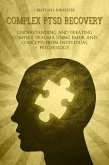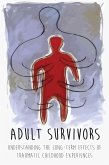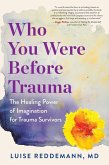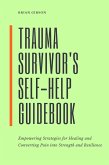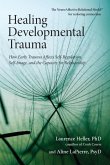The depth or imaginal psychotherapy is highly effective in treating and assessing adult survivors of childhood abuse. Specifically, interventions that use dreams, symbols, metaphor, and expressive art techniques are deemed especially valuable as they address dissociatively based changes (affect regulation, sense of self, and diminished imagination).
Specifically, this book proposes that prominent symptoms of Posttraumatic Stress Disorder (which will be further referred to as PTSD), such as changes in affect regulation, sense of self, and use of imagination, are better neurologically matched to therapeutic interventions that foster right-brain processes.
An assessment tool, the Imaginal Sense of Self and Affect Test (which will be further referred to as the ISSA8 Test), has been developed to evaluate the underlying intrapsychic changes causing these symptoms and give an enhanced understanding of the trauma-afflicted client, despite her inability to express such insights. By assessing specific depth psychological aspects of the individual's shattered sense of self, a more focused and efficient treatment plan can be created sooner in the course of therapy.
Dieser Download kann aus rechtlichen Gründen nur mit Rechnungsadresse in A, B, CY, CZ, D, DK, EW, E, FIN, F, GR, H, IRL, I, LT, L, LR, M, NL, PL, P, R, S, SLO, SK ausgeliefert werden.



